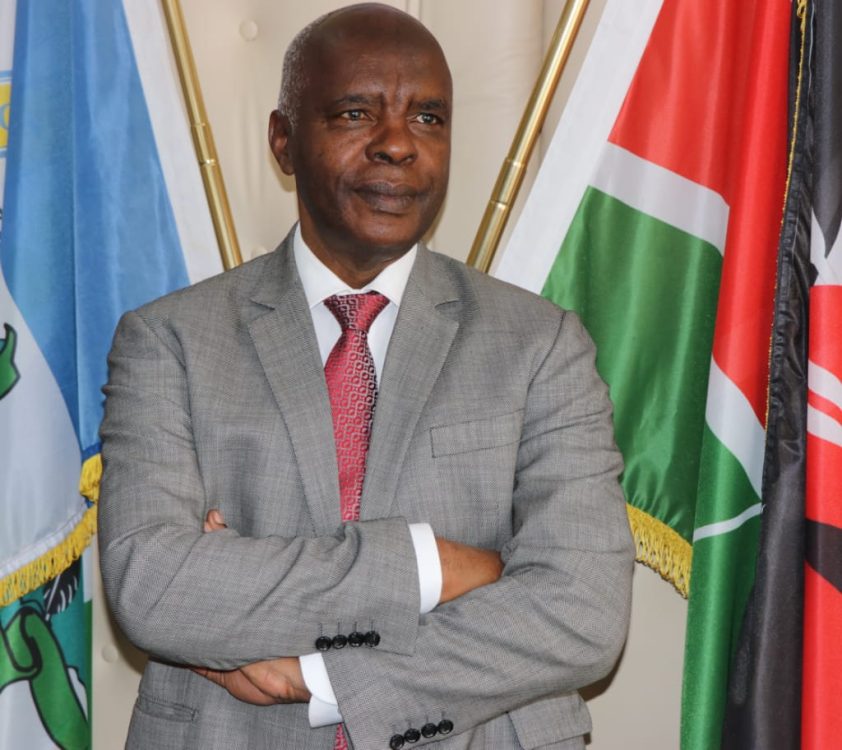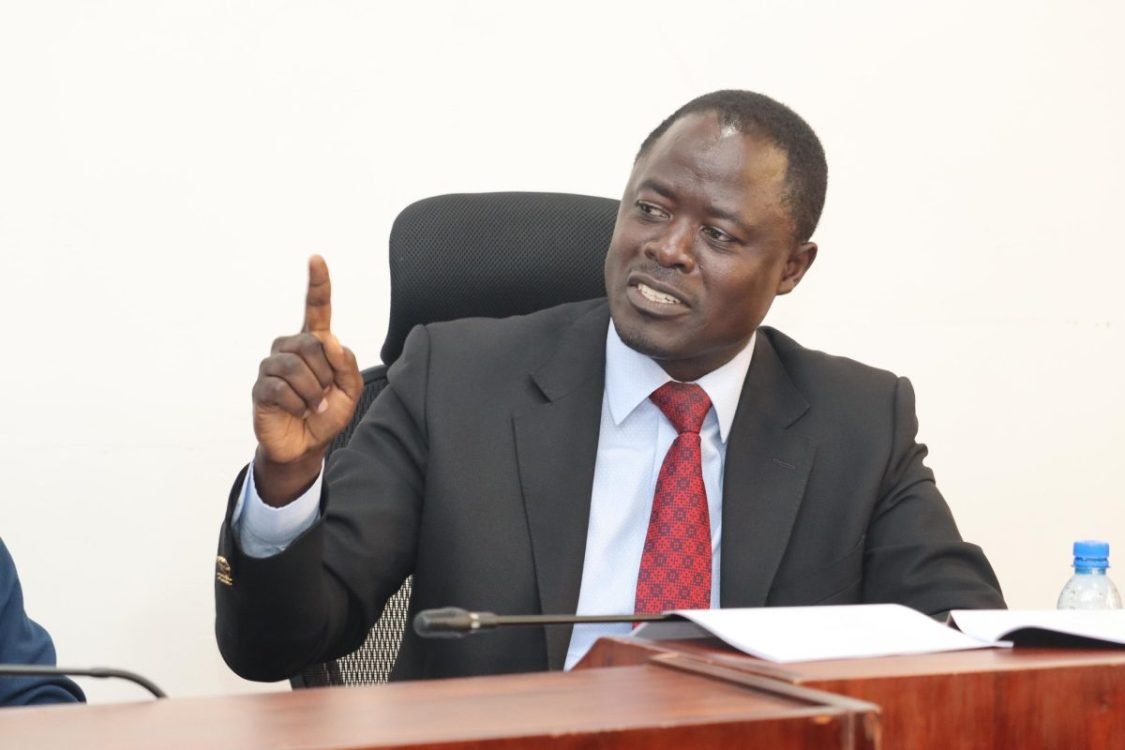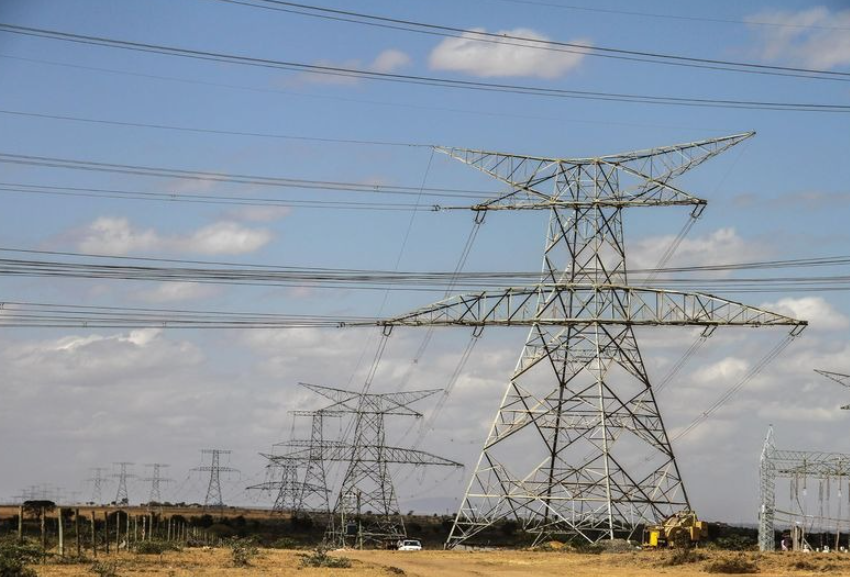Mbadi sells budget as bold response to tough economy

Treasury Cabinet Secretary John Mbadi has defended the 2025/2026 national budget ahead of its official reading, describing it as both ambitious and responsive, despite the difficult fiscal conditions facing the country.
Speaking on Thursday, June 12, 2025, ahead of official reading of the budget, Mbadi acknowledged the challenge of balancing competing interests amid limited fiscal space and mounting public debt, but maintained that the National Treasury had been deliberate in making realistic revenue projections while protecting critical sectors from funding cuts.
“One thing that I’m proud of about this budget is that it is not overambitious,” Mbadi stated.
“It is overambitious in the sense that our revenue projections are reasonable. And I will tell you, for the first time, that the National Treasury has projected ordinary revenue below what the Parliamentary Budget Office has projected. That, to me, is a starting point towards managing our budget deficit.”
His remarks come at a time when Kenyans have raised concerns over rising living costs, proposed new taxes, and fears of underfunding in vital areas such as health, education, and agriculture. However, Mbadi sought to assure the public that the budget prioritises the needs of ordinary citizens and vulnerable groups.
“We have tried, within the constraints of the tight fiscal space – which is even shrinking further with time – to allocate resources as much as we can to those critical areas that purport for the ordinary,” he said.
“We have tried to allocate reasonable resources to take care of issues of agricultural food.”

Mbadi’s priority areas
On the Health Front, Mbadi revealed that primary healthcare will receive a significant boost, with allocations increasing from Ksh7 billion to Ksh13 billion.
“That, to me, is good progress, that is to help universal health coverage,” he noted.
“We have also put almost double allocation in chronic emergency, chronic and clinical illnesses, again supporting Universal Health Coverage and many, many other lines in the health budget.”
The CS also defended the government’s efforts to maintain consistent funding for education, pointing out that while allocations have remained largely stable, support for higher education has increased.
“We are supporting higher education loans much more by giving about Ksh6 million more compared to the previous financial year,” he said.
Importantly, Mbadi highlighted increased funding for social protection programmes targeting Kenya’s most vulnerable citizens.
“We have also supported cases of poverty protection and affirmative action, just to help the vulnerable in society,” he explained.
“More allocations have gone to cash transfers – first to the elderly, cash transfers to the orphans and vulnerable households, and those who are living with severe disability.”
The CS also indicated that the manufacturing sector has not been left behind, stressing its importance in addressing unemployment.
“The manufacturing sector is also getting a boost so that we can create more employment opportunities,” he added.
In response to questions about the balance between revenue generation and public spending, Mbadi reaffirmed that the Treasury had deliberately adopted a conservative stance in its revenue estimates to avoid future budget revisions that could widen the fiscal deficit.
“If you unrealistically project revenue, you will be revising budgets in the year downwards, and that will be opening up the budget deficit,” he warned.













